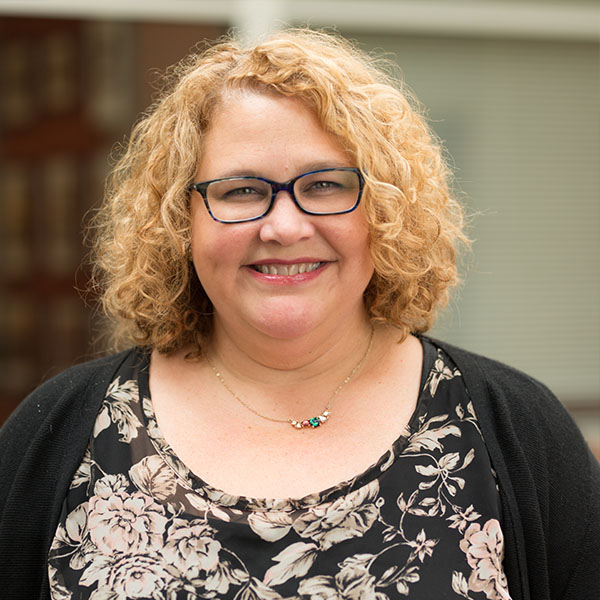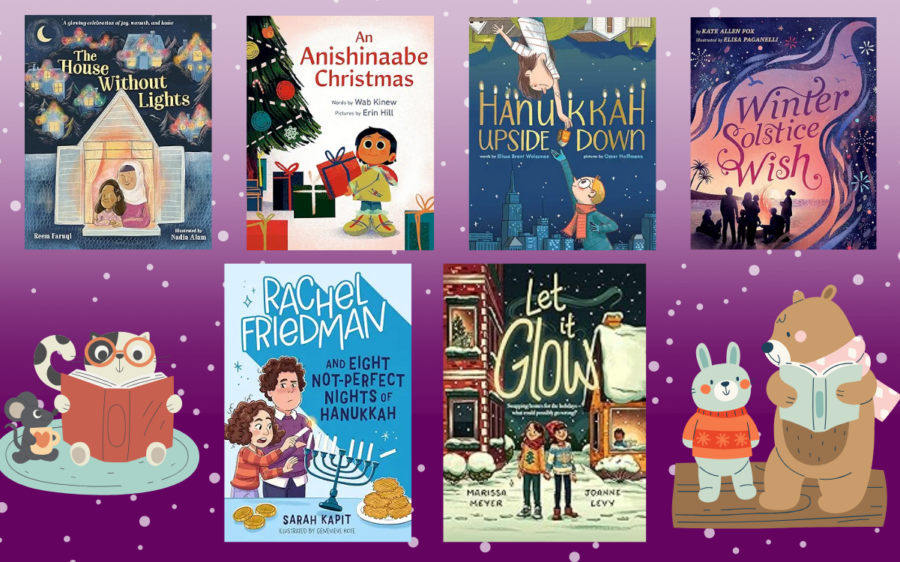Finally! I’m so glad that two eminent educational researchers and scholars have released an indispensable tool for educators trying to approach the national conversation about the Science of Reading. Fact-checking the Science of Reading: Opening Up the Conversation is an unbiased, accessible review of ten major claims associated with the Science of Reading movement.
What makes this work such a breath of fresh air is that the authors, Rob Tierney and P. David Pearson, approach this complex topic with genuine balance and clarity. The authors communicate respect for the knowledge gained through research as well as that of practical wisdom. They acknowledge the incredible contributions of scientific discovery, particularly related to the brain and reading, while also carefully exploring the limitations of that science.
This is a piece written by people who understand education and educational research well enough to make complex ideas understandable without stripping them of nuance. Written for a broad audience, Fact-checking the Science of Reading could contribute substantially toward making conversations more civil and better-informed.
So, why is this book a must read?
- With a subtitle like Opening Up the Conversation, the clear intention of this work is to invite and inspire real discourse. For these authors, the discourse must be informed by a full range of evidence, and it must acknowledge the limitations of that evidence. The authors have curated a wide-ranging conversation into a concise set of ten claims emanating from the SoR movement—this is no small feat. And they don’t stop at stating the claims. The real gift offered in this work is in the review of the evidence related to each claim, which includes both a presentation of evidence typically used to support the claim, and a critical review and synthesis of a robust body of research.
- The structure and tone of the book are clear and compelling. Tierney and Pearson somehow manage to write research summaries that are accessible to most any reader. The authors have structured a book that a reader can pop in and out of, read in any order, and use as a reference when interested in reading more. Which leads us to my favorite reason this work is a “must read” this summer…
- This remarkable work invites further learning. The list of references alone could make a lifetime of study. If, like me, you relish the chance to dig deeply into the research behind the statements that seem to be repeated over and over, you can take detours throughout the book and read the original research informing the discussion. It is absolutely worth the trip. I found some articles I had not heard of but absolutely needed to read.
I mentioned that you can read the book in any order and I confess that’s what I did initially. I skimmed the introduction, went to the sections I was most interested in, and then very nearly skipped the concluding statements, which would have been a huge mistake. Luckily a colleague gave me the advice I will pass on to you. Don’t skip the concluding statements. The authors use this section to: make important connections to the history of education; lay out the errors of omission and commission in policy-making that may be guiding flawed decision-making; and they offer some well-informed reflections on where to go next.
Pearson and Tierney do not shy away from the idea that literacy teaching and learning must improve and that we have a responsibility to ensure all readers can lead productive lives using reading, writing, and language. The call to action provided by this work is to replace false debates with real debates, to develop more trust and find common ground. By opening up the conversation we get ourselves moving in that direction.
Fact checking the Science of Reading: Opening Up the Conversation is free and available to everyone here, or you can buy it on Amazon if you are really committed to getting a printed copy.





